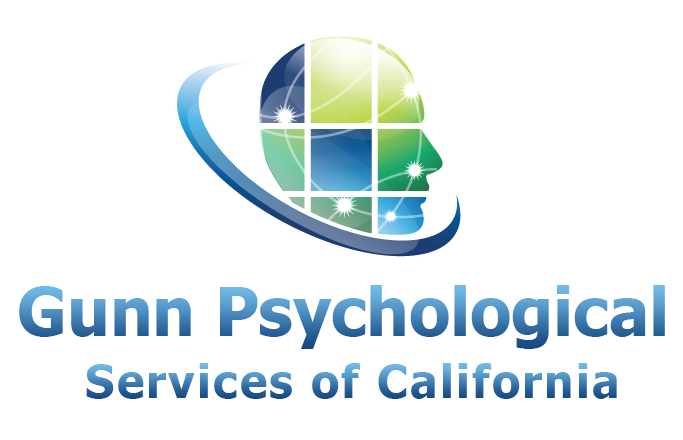Medication Management
“When we are no longer able to change a situation - we are challenged to change ourselves.”
- Viktor E. Frankl
“Those who look outside, dream. Those who look inside, awaken.”
- Carl Jung
Psychiatric Medication Management
Medications may help with mood, attention or organization of thinking. They may be prescribed to help with a variety of mental health concerns, such as: ADHD, depression, bipolar disorder, anxiety and behavioral concerns associated with Autism. Patients on medications must be evaluated by a qualified provider at regular intervals and whenever there is a change in your status. Initially, it will take several visits to ensure the effects of the medication are stable and effective. Medication management visits require about an hour for the first visit and then 15-30 minutes after that. During your appointment, the medication management provider will review the benefits and side effects of the medication and make adjustments as needed. Counseling and psychotherapy may also be recommended depending on your needs.
Team Approach
At Gunn Psychological Services, we believe in a multidisciplinary team approach to treatment. Decisions about medication should be made after a careful and collaborative discussion between you and a qualified medication management provider. Prescription medications can be helpful as a stand-alone treatment, or in combination with other clinical interventions, but the multidisciplinary approach suggests that the most effective treatment for emotional disorders can include a blend of psychiatric medication management and psychotherapy. Your medication management provider may work in conjunction with your therapist to help evaluate the effectiveness of medication, side effects and overall progress. This ensures a high level of inter-communication, allowing your care team to work together in the same building, relaying information quickly and addressing any critical emotional and/or medication issues that require immediate attention.
What is “Psychotherapy”?
Psychotherapy, or therapy services (also sometimes referred to as “talk therapy”) have been shown to be helpful for a variety of mental health issues including: depression, anxiety, stress, trauma recovery, substance abuse, obsessive-compulsive disorder (OCD), and ADHD. Psychotherapy may involve specific modalities such as cognitive-behavioral therapy (CBT), psychodynamic therapy, interpersonal therapy, gestalt therapy or brief solution-focused therapy. Some therapists may provide a “generalist” approach in which they utilize various techniques, trying to tailor their approach to the specific needs of each individual client. Ultimately, the best outcomes are usually related to the strength of the relationship between the therapist and the client. The goal of the psychotherapy should be agreed upon by both client and therapist at the outset of the therapy services and would most often involve the reduction of unwanted thoughts, emotions and/or behaviors by means of increasing more desirable thoughts, emotions and/or behaviors.


